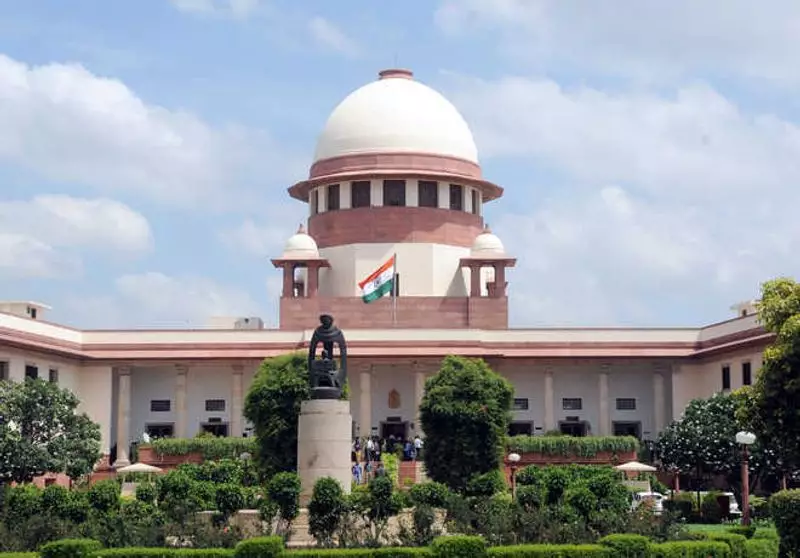
In a significant ruling that underscores the limitations of free speech on digital platforms, the Supreme Court of India has refused to quash criminal proceedings against a law graduate from Kerala for a controversial social media post concerning the Babri Masjid.
The bench comprising Justices B R Gavai and Sandeep Mehta dismissed the special leave petition filed by the student, who faced charges for allegedly declaring on social media that "Babri Masjid will be rebuilt." This statement came shortly after the Supreme Court's landmark 2019 verdict that paved the way for the construction of the Ram Temple at the disputed site.
Background of the Controversial Case
The case dates back to November 2019 when the law student, then pursuing his legal education, made the contentious post on social media platforms. The timing was particularly sensitive as it followed closely after the Supreme Court's historic judgment in the Ayodhya dispute case.
Following the post, multiple First Information Reports (FIRs) were registered against the student under various sections of the Indian Penal Code, including:
- Section 153A (promoting enmity between different groups)
- Section 295A (deliberate and malicious acts intended to outrage religious feelings)
- Section 505 (statements conducing to public mischief)
Legal Journey and Court Proceedings
The petitioner had initially approached the Kerala High Court seeking to quash the criminal proceedings against him. However, the High Court declined to grant relief, noting that the matter required thorough investigation given the potential implications for public order and communal harmony.
Undeterred, the law graduate moved the Supreme Court, arguing that his social media post was merely an expression of personal opinion and did not constitute any criminal offense. His legal team contended that the prosecution violated his fundamental right to freedom of speech and expression under Article 19(1)(a) of the Constitution.
Supreme Court's Firm Stance
The apex court, however, remained unconvinced by these arguments. The bench observed that the matter required proper investigation and that the petitioner could raise all his legal contentions before the trial court.
"We are not inclined to interfere with the impugned judgment," the court stated emphatically, while dismissing the special leave petition. This decision means the criminal case will continue its course through the judicial system, and the law graduate will have to defend himself in the trial court.
Broader Implications for Social Media Usage
This ruling serves as a crucial reminder of the legal boundaries surrounding freedom of expression in the digital age, particularly when it comes to sensitive religious and historical matters. The judgment reinforces that:
- Social media posts have real-world consequences
- Freedom of speech is not absolute and comes with reasonable restrictions
- Sensitive historical and religious topics require careful consideration before public discussion
The case also highlights the evolving jurisprudence around social media regulation in India and the balancing act between individual rights and maintaining public order in a diverse democracy.





